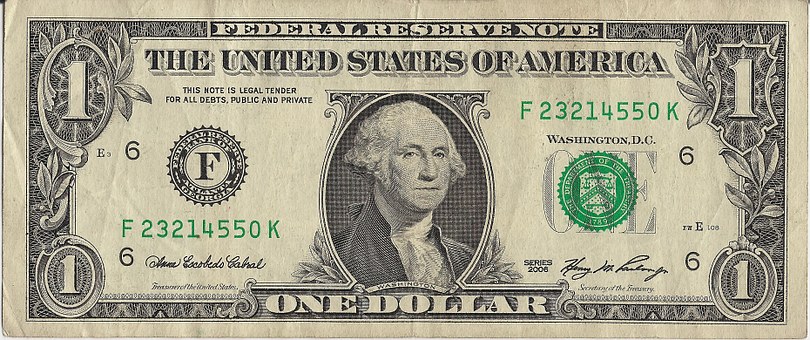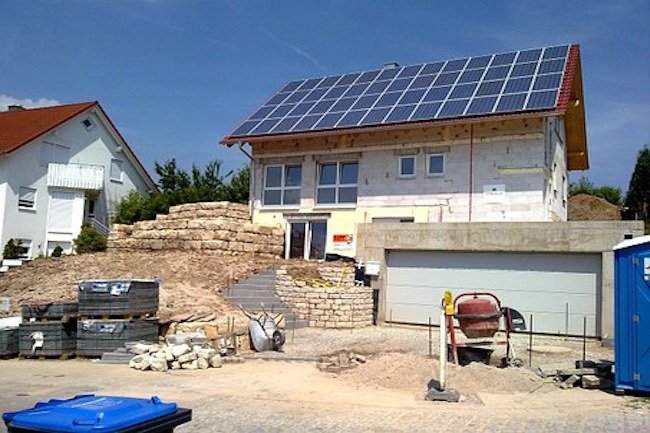HOW TO PROTECT YOUR MONEY DURING A RECESSION by Mac Slavo for SHTFPlan
There is a lot of advice out there on how to prepare yourself for a recession, but most of it doesn’t take all aspects of a financial emergency into account. If you suddenly have a loss or a decrease in income, there are some basic steps you can take to protect at least some of your hard-earned money and assets.
Signs that the economy is in serious trouble are everywhere. Some believe the recession will happen next year, others don’t think it’ll ever happen. But if we have learned one thing during human history, it’s that those who are prepared have a better chance than those who are not. And that goes for every aspect of our lives. So whether or not you think a recession is coming or not, it’s always a great time to make preparations for the worst.
These three steps will help you prepare for the next recession, economic downturn, unemployment, market collapse, etc.
- Beef up Your Savings/Safety Net/ Rainy Day Fund – keep a little extra in your savings. Financial gurus often use 3-6 months worth of expenses as an adequate amount of savings, but this is really a personal judgment call. If you are concerned, spending less and saving more will certainly help add padding to your bank account.
- Secure Some Passive Income – this will be income that continues to come in even if a job is lost. Passive income often requires some kind of an investment, however, so be prepared for that! For more information on great passive income opportunities, read Daniel Ameduri’s book, Don’t Save for Retirement: A Millennial’s Guide to Financial Freedom
, passive income and its benefits are explained in depth.
- Pay Off Debt – some suggest taking out a HELOC (Home Equity Line of Credit) that you can tap if need be, but all this is going to do is create another payment and drain your finances. You still have to pay the interest on a HELOC every month. Not taking out more credit and paying off what you owe can free up money every month to save. It will also reduce your expenses so if there is a recession or job loss, you won’t risk losing your car to repossession. Paying off debt (liabilities) simply reduces your risk.
It’s important to focus on the things you can control when bracing yourself for any kind of financial distress. Don’t focus on what others are doing or their financial situation, as everyone is different. Worry only about yourself and the scenarios likely to pop up in your life.
For a well-rounded approach to prepping, read Tess Pennington’s The Prepper’s Blueprint: The Step-By-Step Guide To Help You Through Any Disaster.
If we have learned one thing studying the history of disasters, it is this: those who are prepared have a better chance at survival than those who are not. –Tess Pennington




